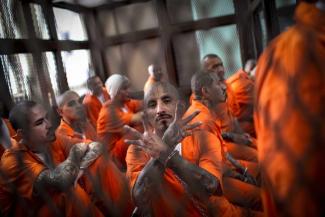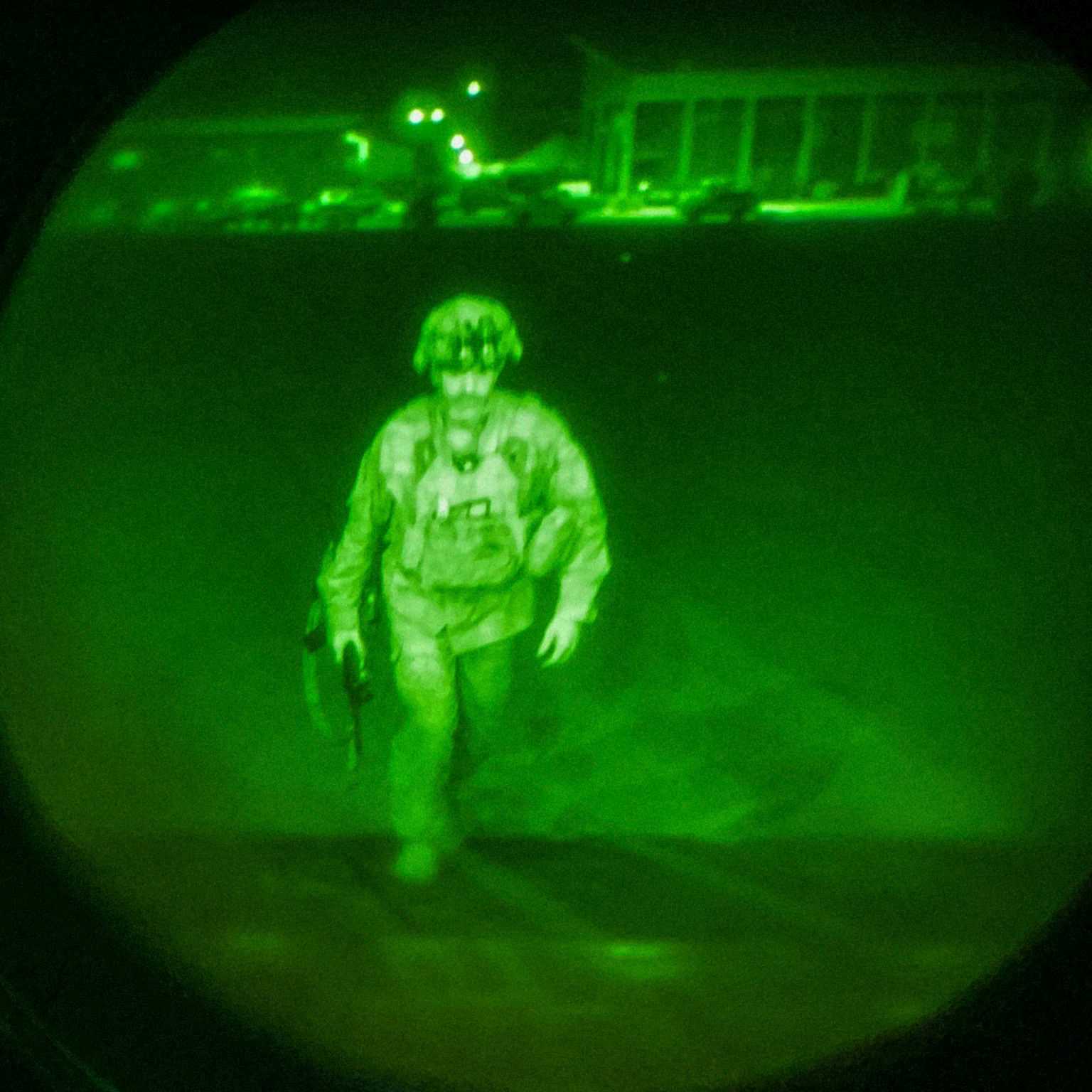Crime
Gangs as political excuse

Central America’s so-called “northern triangle” is one of the most dangerous regions in the world. It consists of El Salvador, Guatemala and Honduras. In 2015, El Salvador had a homicide rate of 116 per 100,000 inhabitants; in Honduras and Guatemala the rate slightly decreased to 60. The global average is a mere 6.2 homicides per 100,000 people.
Criminal gangs that control entire parts of the three countries are considered to be responsible for the bloodshed, but that is not the whole truth. “Political parties often use the gangs as an excuse,” says José Luis Sanz. He works for El Faro, an investigative website which specialises in the analysis of organised crime in El Salvador. According to him, the politicians’ stance serves to distract public attention from “multi-causal dynamics”. In his eyes, the high homicide rates are merely the most visible result of social conflicts that have deep historical roots and complex causes.
In this perspective, organised crime is rooted in poverty and state failure in Honduras, El Salvador and Guatemala. Gang influence has grown as a result of excessive inequality, low wages, tax evasion, inadequate law-enforcement, high corruption levels as well as the lack of prospects and social-protection systems. Maras have become powerful rivals of the state, and in many places they have infiltrated the judiciary and security forces. Corrupt police officers are known to kill as gang mercenaries.
“The great tragedy is that the gangs look like a reasonable option to many youngsters and poor people,” states Sanz. In poor neighbourhoods, residents are particularly prone to seek protection from a local gang. Otherwise, they may be killed by gangsters.
For decades, governments have been responding with state violence, but that has only exacerbated the situation. “The policies of ‘mano dura’ (iron fist) are not working,” says Ana Glenda Tager from Interpeace, a Guatemalan non-governmental organisation. “Conflicts destroy social cohesion, and people do not trust one another.”
Despite of millions of dollars provided by the USA, prevention strategies have remained largely ineffective. “The political parties want to hold on to power, and they rely on populist rhetoric for this purpose,” Tager said at an event held by Heinrich Böll Foundation in Berlin this summer, and went on to say that this attitude stands in the way of more promising policies. In her eyes, the criminal organisations should be considered part of the solution. For far too long, she argues, crime prevention measures only took simple and limited approaches such as anti-violence training for high-school students. After the training, however, the participants returned to slum areas controlled by violent gangs.
In view of persistently high murder rates, Central American governments have begun to contemplate solutions beyond the “mano dura”. Three major gangs in El Salvador negotiated a ceasefire in 2012 and started negotiations with the government. For obvious reasons, such talks are controversial, but there is no alternative, according to Sanz, since no solution can be found without gang involvement. Sanz says: “Thanks to the negotiations, preventive measures, laws and strategies are being discussed in much greater detail.” Even projects geared to reintegrate former prisoners in society are no longer a taboo. So far, prisons were generally considered “trash bins” for the scum of society. All too often, overcrowded prisons became training camps for the next generation of criminals.
Security expert Tager sees an important role for civil-society organisations. To her, it seems like “light at the end of the tunnel” that Guatemalan citizens rallied for months against government corruption and impunity last year. Corruption affects everybody, and the protests united previously isolated parties and groups. “Perhaps this will turn out to be a common base for tackling other issues together too,” Tager hopes.
Sonja Peteranderl












